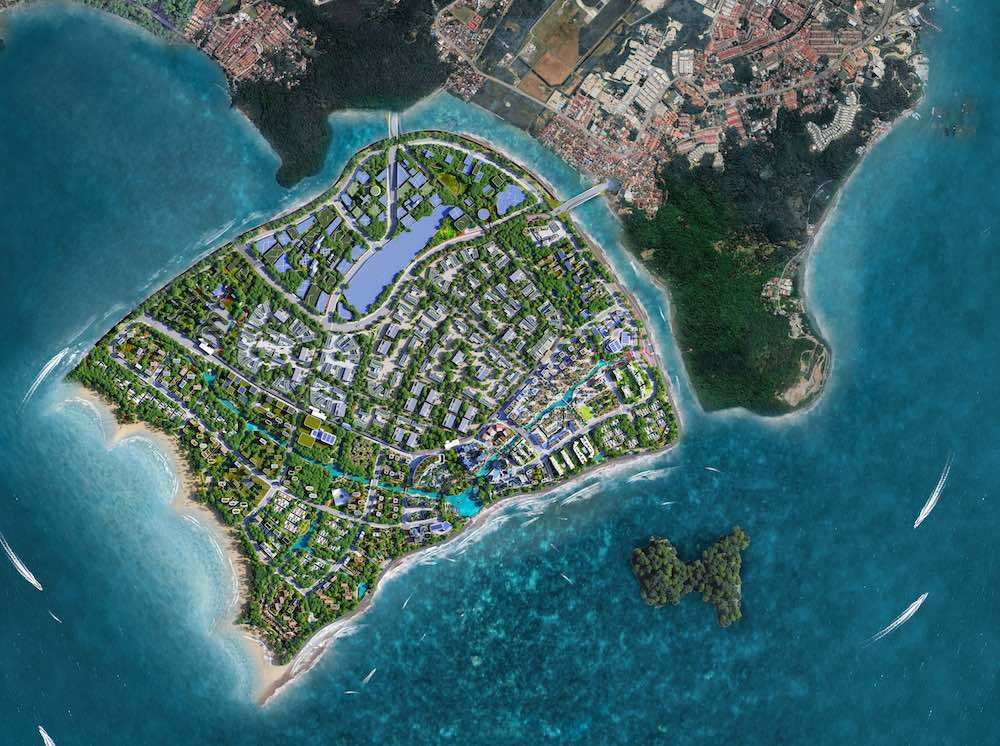GEORGE TOWN, Sept 1 — Preliminary works to create Silicon Island off the southern coast of Penang Island starts today, Chief Minister Chow Kon Yeow said today.
He said the state has obtained all necessary approvals from the relevant agencies, including the Penang Department of Environment (DoE).
“With the approvals from the relevant agencies, preliminary reclamation preparations for the project will start today and will continue until completion,” he said in a statement.
Chow said the Environmental Management Plan (EMP) for the Silicon Island project was approved by the Penang DoE on July 21.
The approval came after the Environmental Impact Assessment (EIA) for the Penang South Island (PSI) project was given an approval with 71 conditions by the DoE on April 11.
The PSI, also known as Penang South Reclamation project, was scaled down from the proposed three artificial islands to only one island.
Only Island A, rebranded as Silicon Island, that measured about 920ha will be reclaimed.
The decision was made after Prime Minister Datuk Seri Anwar Ibrahim asked the state government to scale down the PSI project.
Chow thanked the Penang DoE for approving the EMP after closely examining the plan.
“The decision is a result of close cooperation among all involved to develop Silicon Island in accordance with environmental and safety standards for the local community,” he said.
He also thanked those who submitted their views in formulating the EMP.

“In line with the state’s commitment to make ex-gratia payment to the fishermen community affected by this project, about 75 per cent of the ex-gratia payment will be credited in phases starting today,” he said.
He said the remaining 25 per cent will be credited by early 2024.
He said the payments will be made in phases by taking into account the scope of the reclamation project.
He said Silicon Island was designed based on environmental, social and governance (ESG) framework.
“The island is expected to be a renowned technology centre in this region and will create new job opportunities while spurring the local economy,” he said.
As a start, he said about 600 jobs that are both sea and land-based will be offered in the next 18 months.
“Priority will be given to the fishermen and local communities,” he said.
The controversial reclamation project has continuously raised objections by the fishing communities and environmental NGOs since it was introduced in 2015.



















